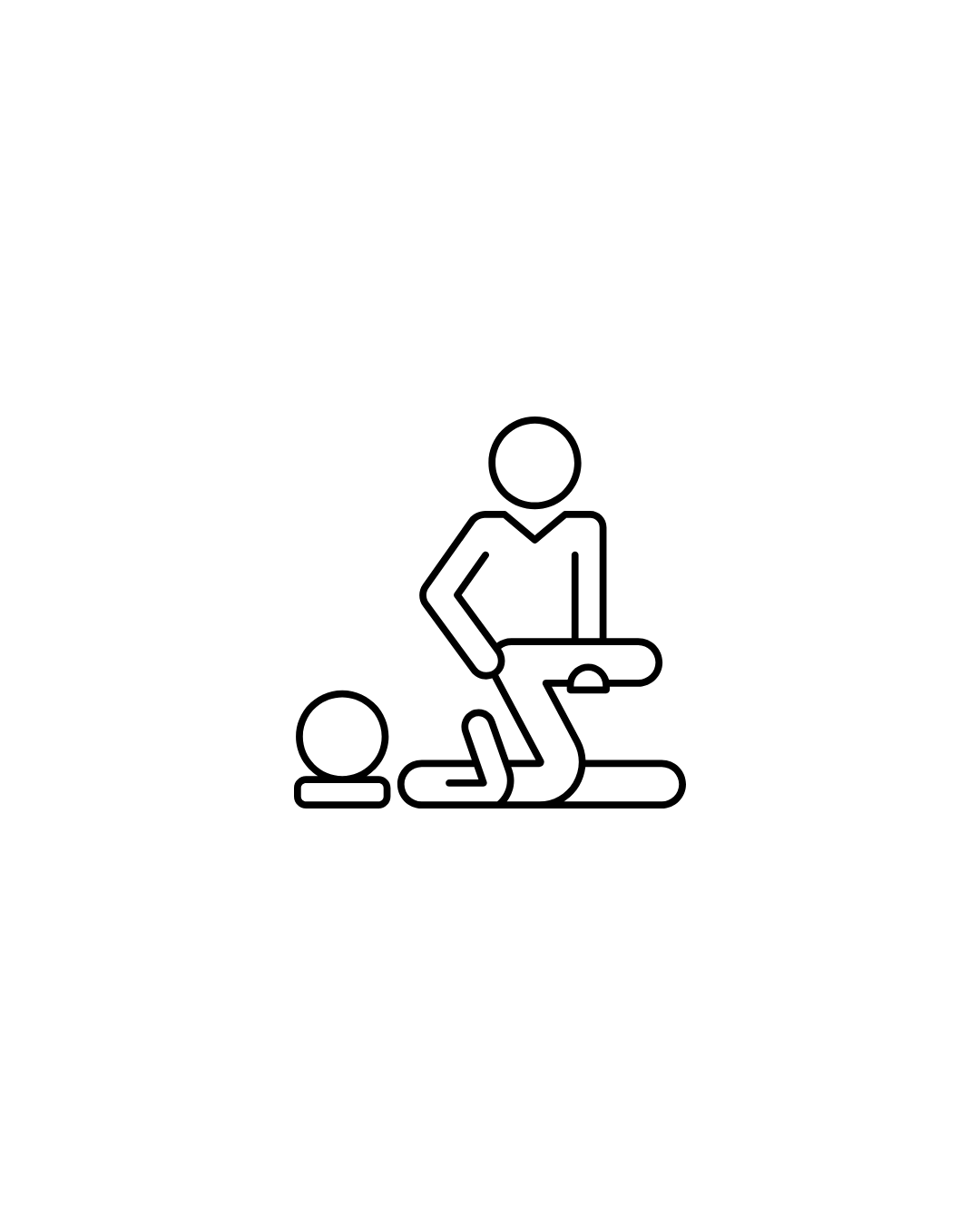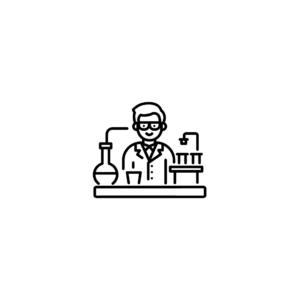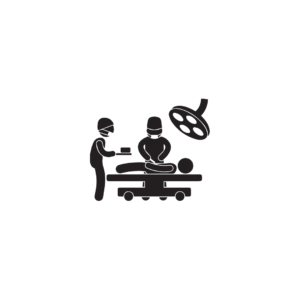Description
Overview of Bachelor of Physiotherapy (BPT)
The Bachelor of Physiotherapy (BPT) is an undergraduate degree program designed to equip students with the knowledge and skills necessary to become effective physiotherapists. This program emphasizes the principles of physical therapy, rehabilitation techniques, and patient care, preparing graduates to work in various healthcare settings.
Core Areas of Study in BPT
Anatomy and Physiology
Understanding the structure and function of the human body, which is essential for assessing and treating patients.
Pathology
Study of diseases, their causes, and their effects on the human body, providing insights into how conditions affect movement and function.
Kinesiology
Examination of human movement mechanics, motion analysis, and the interplay between anatomy and physical activity.
Exercise Physiology
Understanding the body?s response to physical activity and how exercise can be used therapeutically for rehabilitation.
Therapeutic Modalities
Learning various treatment techniques, including thermal therapy, ultrasound, electrical stimulation, and manual therapy.
Clinical Assessment and Diagnosis
Skills for evaluating patients through physical examination, patient history, and diagnostic tests to determine treatment plans.
Rehabilitation Techniques
Focus on designing and implementing treatment programs aimed at restoring mobility, strength, and function after injury or surgery.
Pediatric and Geriatric Physiotherapy
Specialized approaches in treating specific populations, understanding their unique needs in rehabilitation.
Neurological Physiotherapy
Assessment and management of individuals with neurological conditions such as stroke, Parkinson?s disease, and multiple sclerosis.
Clinical Practicum
Hands-on training in real clinical environments, allowing students to apply their knowledge and develop practical skills under supervision.
Curriculum Structure
A typical BPT program includes:
Core Courses: Mandatory coursework covering essential topics in physiotherapy.
Electives: Opportunities to specialize in areas of interest (e.g., sports physiotherapy, orthopedics).
Clinical Practicum: Direct experience in clinical settings, often required across various healthcare facilities.
Capstone Project or Research Thesis: A project that allows students to explore specific interests within the field, contributing to their practical and theoretical knowledge.
Admission Requirements
Admission to a BPT program usually involves:
A high school diploma or equivalent with a focus on science subjects (biology, chemistry, and physics).
A satisfactory GPA or equivalent score based on the institution’s requirements.
Letters of recommendation (at times).
A personal statement or interview demonstrating interest in physiotherapy, depending on the program.
Skills Developed in a BPT Program
Graduates of the Bachelor of Physiotherapy program will develop a range of skills, including:
Clinical Reasoning: Ability to assess patient conditions and develop effective treatment plans.
Manual Therapy Skills: Proficiency in hands-on treatment techniques to alleviate pain and improve function.
Interpersonal Skills: Effective communication with patients, families, and interdisciplinary healthcare teams.
Problem-Solving: Capacity to identify patient needs and adjust treatment approaches based on progress.
Research Competence: Understanding of how to incorporate evidence-based practices into patient care.
Career Opportunities
Graduates with a Bachelor of Physiotherapy can pursue various career paths, including:
Physiotherapist
Providing care in hospitals, clinics, rehabilitation centers, and private practices, focusing on rehabilitation and movement enhancement.
Sports Physiotherapist
Working with athletes to prevent injuries, improve performance, and provide recovery plans tailored to sports.
Pediatric Physiotherapist
Specializing in the assessment and treatment of children with developmental or physical challenges.
Geriatric Physiotherapist
Addressing the rehabilitation needs of elderly patients, focusing on mobility, fall prevention, and chronic conditions.
Neurological Physiotherapist
Specializing in treating patients with neurological disorders, enhancing their quality of life through targeted rehabilitation.
Home Healthcare Provider
Delivering physiotherapy services in patients? homes for convenience and personalized care.
Academic or Research Positions
Engaging in teaching or research related to physiotherapy practices and advancements.
Conclusion
The Bachelor of Physiotherapy (BPT) program provides thorough preparation for a career in physiotherapy, equipping graduates with the theoretical knowledge and practical skills necessary for effective patient care. As demand for physiotherapy services continues to grow, graduates are well-positioned for a rewarding career in healthcare. If you have more questions about the BPT program or related topics, feel free to ask!









